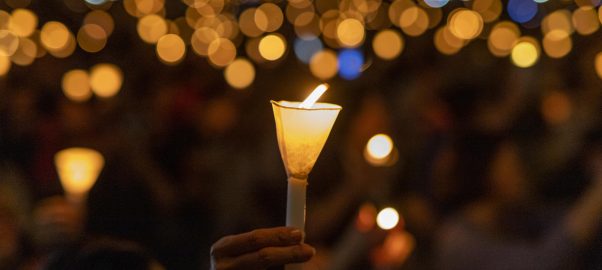
The majority of people around us glance at headlines, read some favorite posts, and then go about their hard-working days, offering their skills in service of others, providing for their families, and finding moments of community service and leisure when they can. If pressed on some of the blaring headlines, many shake their heads and assume that most people know better than to take “social influencers” and political extremists seriously.
There is one problem with this simplistic view: the shrieking voices are only the front for real people and networks that aim for power over the populace and remaking their world in their image.
We know better…but often feel powerless. Here are some hot issues that seem to have few answers:
Caring for our environment is good and needed, but climate activism is a cover for trillions in wealth transfer from middle-and working-class people to huge autocracies that desire control over food and energy.
The gender anarchy mentioned in last week’s essay is framed as human rights, but the real agenda is the destruction of the nuclear family and government oversight of children.
“White supremacy” does have some adherents, and must be condemned at every turn. Other forms of intolerance are given a pass, however, and pathways to reconciliation and peace are undermined as grievance culture offers no forgiveness, redemption, or hope for an end to hatred.
We know better, and there is a way forward. Here are some principles that thoughtful women and men can embrace with a view to flourishing communities:
First, everyone we meet is created in God’s image and has value. This is the starting point for the mutual love and respect that are essential in a pluralistic society. With very rare exceptions, each is also biologically male or female. This does not limit liberty, but liberates identity.
Second, the pursuit of truth in noble and not merely subjective. Whether it is historical knowledge, scientific research, journalistic inquiry, or critical thinking, humble, relentless pursuit of wisdom is needed. Truth exists outside our perceptions and we will always be building on previous centuries of discovery.
So far, we have touched on essential categories of anthropology (the universals of being human) and epistemology (the nature of knowing).
Third, we can find common virtues and values that help us work for the common good, even as we debate ideologies, philosophies, and religious convictions. Such first principles include freedom of conscience/religion, access to education and economic opportunities, strengthening biological and blended families, and a commitment to universal virtues such as kindness, patience, tolerance, and thoughtfulness.
Fourth, we must reject labeling and libeling persons while we debate serious issues. Reversion to profanities and vulgarities obscures serious inquiry. We must learn to process our reactions and turn them into considered responses. This does not mean turning away from obvious evils.
Fifth, we must reaffirm what is appropriate for children and what is best left to adulthood. Until the last decade, the boundaries were quite clear. Now we see public perversion celebrated and themes that were only for adults being imposed on children. There is no place for grooming, trafficking, and propagandizing vulnerable children and youth.
Sixth, we must start decentralizing federal power in the West and restoring administrative oversight to local and state governments. We need universal ethics but local stewardship that is accountable. We must rediscover subsidiarity – the notion that responsibility begins with the individual in a family, then families in voluntary community (church, synagogue, etc.), then local governance, then state governance, and only as a last resort, federal oversight. We must reverse the Leviathan of central control that has been growing exponentially for the last 100 years.
Seventh, all of the above rest on integration of personal agency, helpful relationships, moral systems, and goodwill. In other words, we must see each other as whole persons in community, with spiritual, emotional, relational, vocational, and economic facets of life woven together. For more of this vision, see our new book, Life in 5D: A New Vision of Discipleship available at www.discipleshipdynamics.com.
We know better. We can do better. There is hope. And today’s deep thinking and disciplined action will build a better destiny for ourselves and all around us.
